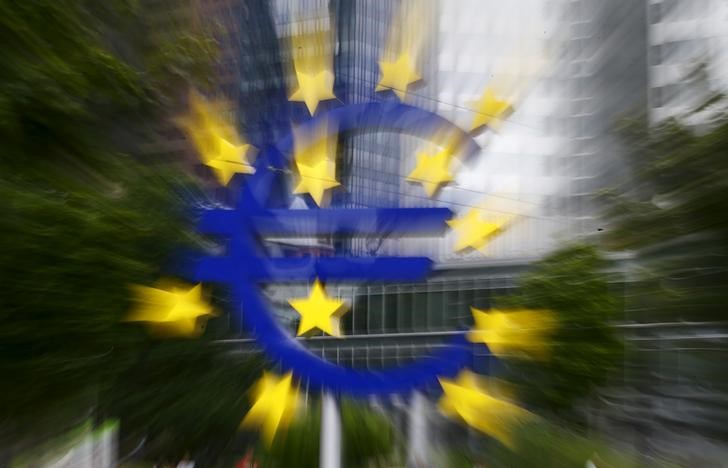This post was originally published on this site
https://i-invdn-com.akamaized.net/news/LYNXNPEB8F09S_M.jpg
Investing.com — Europe’s stock markets are flying on Tuesday after EU leaders finally wrapped up a deal that, despite the obvious political momentum behind, appears not to have been fully priced in.
The Stoxx 600 gained 1.2% on the news to trade at 379.80 by 5 AM ET (0900 GMT). That’s its highest since March 3 but – in contrast to the S&P 500 and Nasdaq Composite, which are both now in positive territory for the year, the Stoxx is still 10% below where it ended 2019 and 13% below where it was before the coronavirus reached Europe. That, along with Europe’s better success in containing the virus, suggests there is room for some catch-up in the near term, all other things being equal.
Other things aren’t equal, of course. Europe doesn’t have the same quantity or quality of technology firms to take advantage of the new post-pandemic circumstances, even though that deficit is arguably smaller than it used to be. Moreover, its potential growth rate is still low, and too dependent on an export model that is under real threat from the unraveling of globalization.
However, the summit deal effectively removes one crucial risk that has dogged European assets for the last decade, by signalling that – when faced with a crisis – its member states will choose tighter integration rather than disintegration. That comes at a price of higher fiscal transfers from richer countries to poorer ones, but even the so-called Frugal Four (or Five, depending on how you count them) have acknowledged that outcome to be far superior to the alternative of fragmentation. Euroskeptic rhetoric may echo around markets for some time yet, but actions speak louder than words, and this action is unambiguous.
Euro breakup risk has been a drag on Europe’s economy, and on its financial markets, ever since 2008, weighing particularly heavily on the highly-indebted southern periphery. That risk has shrunk with this deal, if not forever, then at least for a length of time that covers most investment horizons. Hence the outperformance this morning by Italian, Spanish and Greek bank stocks.
Skeptics will point to the fact that some leaders are styling the deal as a one-off. This, however, should be seen for what it is: the effort of some national leaders to justify a move that still doesn’t command universal support among their electorates. The positive impact on markets of the recovery fund, from its conception to its delivery on Tuesday, will become part of Europe’s political memory, making it more likely that similar measures – measures that make Europe a more coherent, less risky whole, will be the default option in future crises.
It is, however, important to remember that the Fund’s impact will be felt – at this point – entirely through the channel of sentiment or, if you prefer, faith. The money will not be disbursed until 2021 at the earliest, and of course there is no guarantee that the systematic theft, over the years, of EU money by organized crime and low-level fraudsters will end.
But the reaction, from the Commission, the member states and the European Central Bank, to the current crisis has been several orders of magnitude better than its reaction to the last one. That deserves some form of recognition in asset prices.


